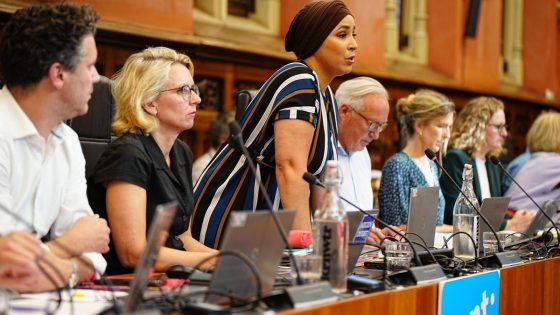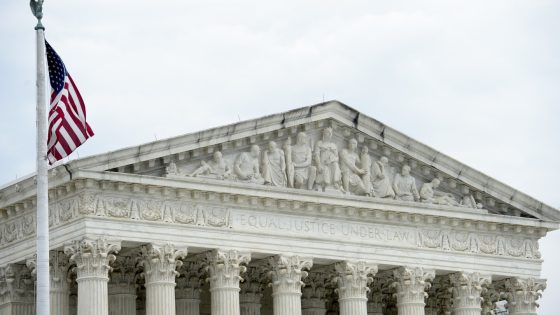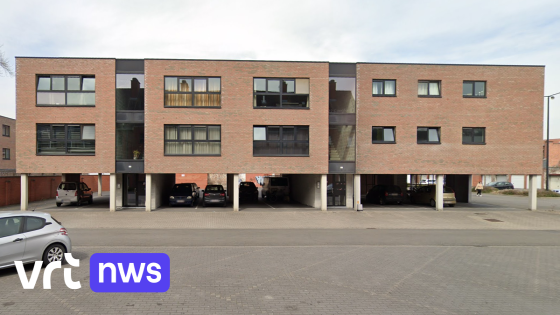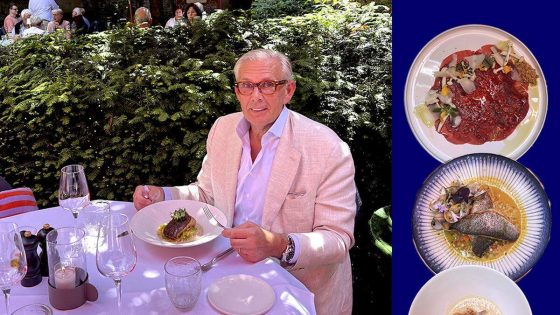The recent police raids in Antwerp targeting mohels—ritual circumcisers—have sparked significant debate about religious freedom in Belgium. These actions, conducted on 14 May, focused on circumcisions performed by individuals without formal medical training. As religious practices come under scrutiny, how can Belgium balance public health concerns with protecting centuries-old traditions?
- EJA reageert op politie-invallen bij mohels
- EJA roept EU op religievrijheid te bevestigen
- Invallen schenden godsdienstvrijheid en Europese waarden
- Onderzoek richt zich op niet-medische besnijdenissen
- Joodse gemeenschap benadrukt opleiding mohels
- Joodse dokters verdedigen medische voordelen besnijdenis
On 2025-07-16 18:08:00, the European Jewish Association (EJA) responded strongly to these events, urging EU Commission President Ursula von der Leyen to reaffirm the EU’s commitment to religious freedom. The EJA warns that such police interventions risk infringing on fundamental rights and could ignite painful memories from Europe’s past.
With tensions rising, what role should Belgian authorities play in safeguarding both legal standards and religious customs? The answers lie in ongoing dialogue and mutual respect.
Are these raids a necessary enforcement of medical law or an infringement on religious rights? The situation highlights key issues:
- The Antwerp prosecutor clarified the focus is on unlicensed medical procedures, not the ritual itself.
- The Jewish community stresses mohels’ dual training in ritual and medical aspects of circumcision.
- Over twenty Jewish doctors have publicly defended circumcision’s medical benefits and opposed stigmatization.
- The EJA seeks EU intervention to prevent future legal actions against Jewish religious practices in Belgium.
Looking ahead, Belgium faces the challenge of fostering respectful conversations between authorities and religious groups. Will Brussels and Antwerp find a balanced path that honours tradition while upholding medical regulations? The coming months will be crucial for defining how Belgium protects its diverse cultural fabric.
































